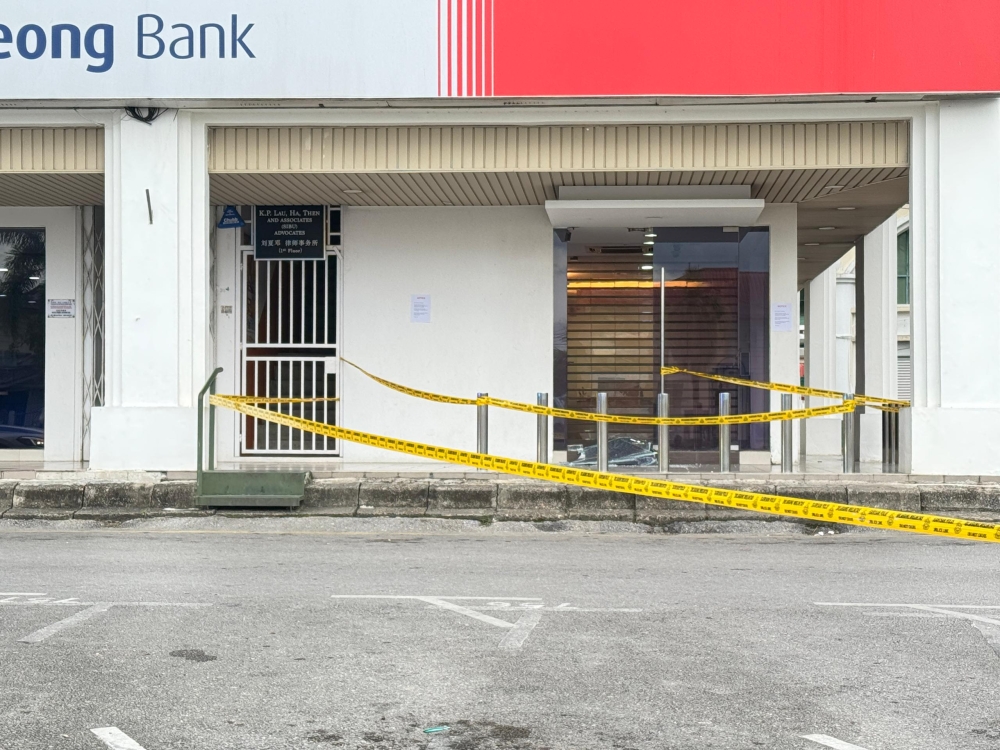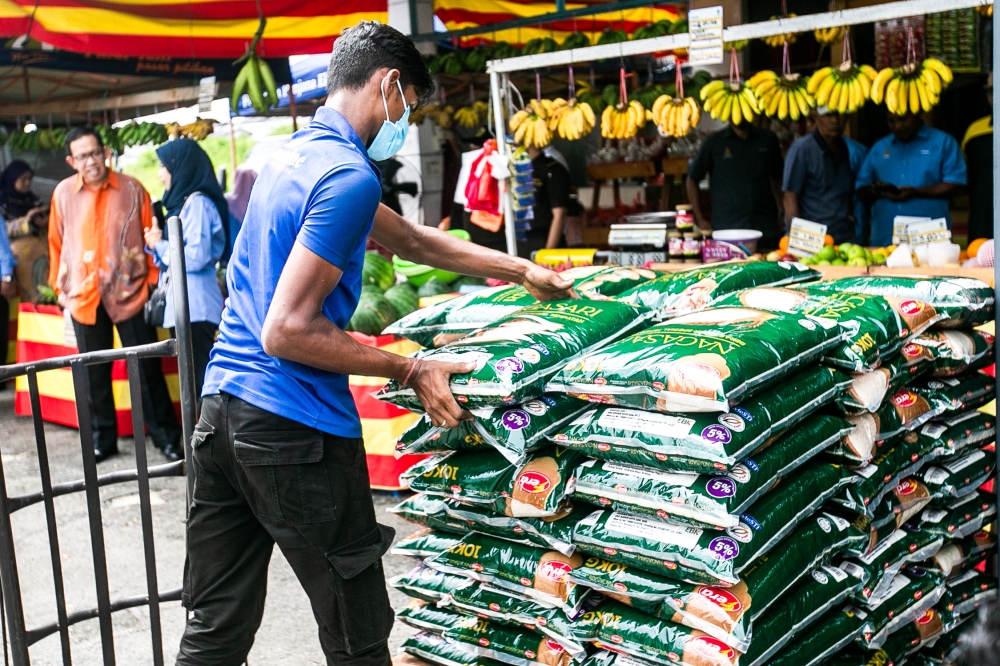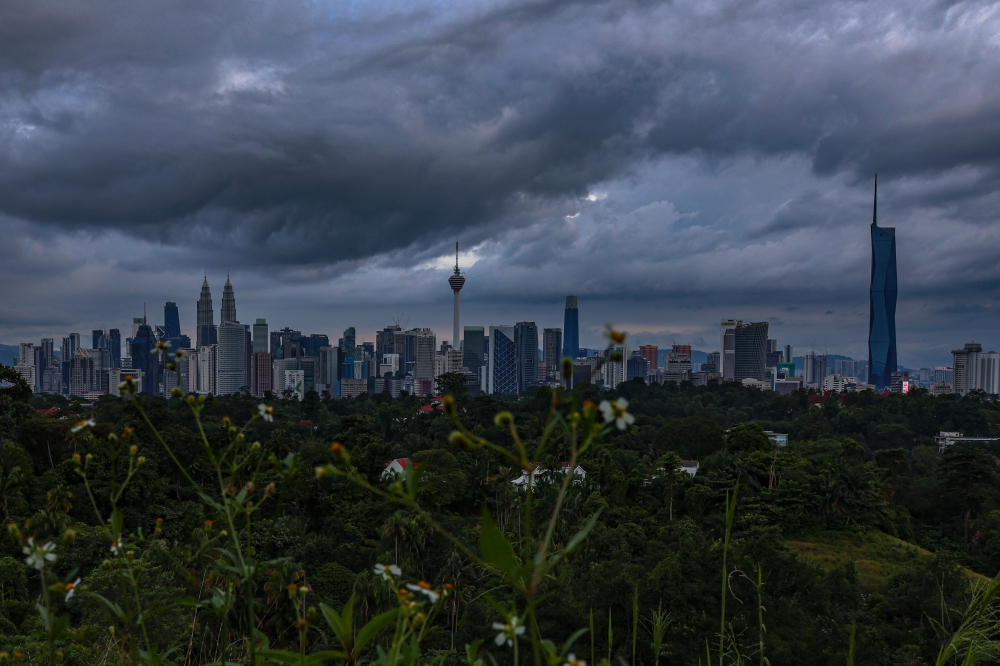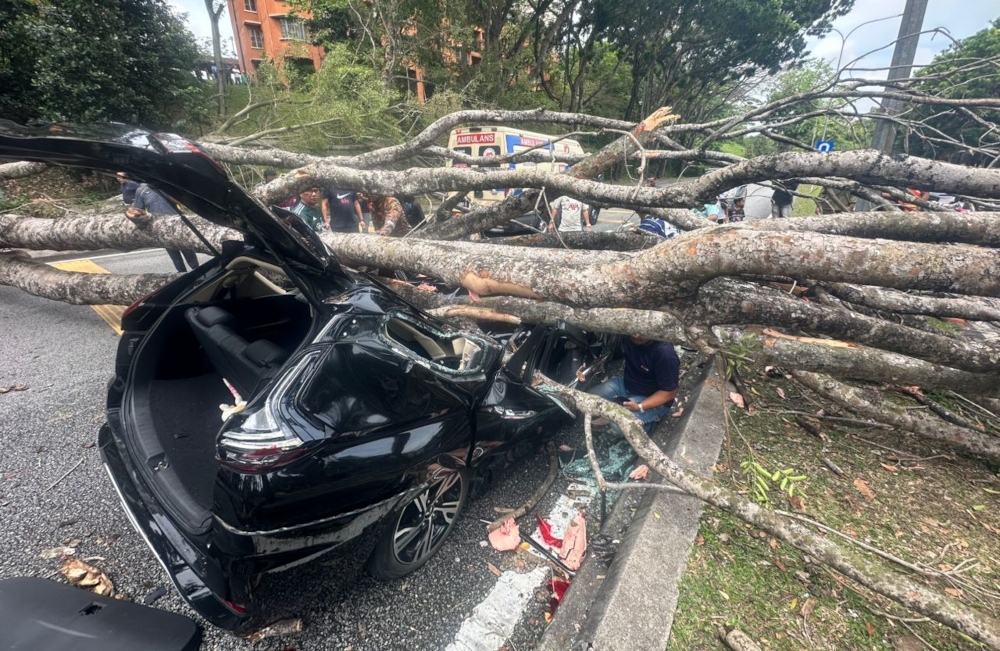KUALA LUMPUR, Sept 28 — Padiberas Nasional Bhd (Bernas) today gave its assurance to the public that the supply of white rice in the market is sufficient.
In a statement, Bernas said that it has seen an increase in distribution of 38 per cent during the period of January to August 2023 compared to the average monthly sales for the past five years as it had channelled as much as 630,000 metric tonnes in the eight months while managing the supply of imported rice into the country.
“This means that the supply of white rice is more than sufficient without the government needing to use the buffer stock supply,” it said.
However, it added that the increased demand of local white rice is due to the difference between the prices of local white rice and imported white rice.
This is because the shift of demand from imported white rice to local white rice from consumers, contract suppliers and food industry players, it said.
Bernas’ average local rice market holding is only around 10 per cent, while the rest is bought and processed by private factories, it explained, saying that this was due to its role as the buyer of last resort.
“However, Bernas is always committed and supports all intervention programmes implemented by the Ministry of Agriculture and Food Security (MAFS) to guarantee local rice supply,” it said.
Yesterday, national news agency Bernama reported Selangor Infrastructure and Agriculture Committee chairman Izham Hashim as saying that the state government will subsidise purchases of imported white rice through Bernas until the end of this year.
On Monday, MAFS Minister Datuk Seri Mohamad Sabu reportedly said that his ministry hopes to meet with India’s Agriculture and Farmers’ Welfare Minister soon over the white rice export restrictions issue.
In July, India banned the export of non-basmati white rice to “ensure adequate domestic availability at reasonable prices” to prevent a food shortage in India.
The ban did not restrict the export of other types of semi/wholly milled rice, including basmati and parboiled rice. The government hoped that keeping more of the staple in India would drive down domestic prices, which have risen by nearly 12 per cent over the past year.
Apart from that, the massive floods in Pakistan that caused their food inflation to skyrocket to 40 per cent also contributed to India’s decision not to export non-basmati white rice anymore.
Reports and videos of panic buying and empty rice shelves at Indian grocery stores in the US and Canada followed the ban, driving up prices in the process.



















